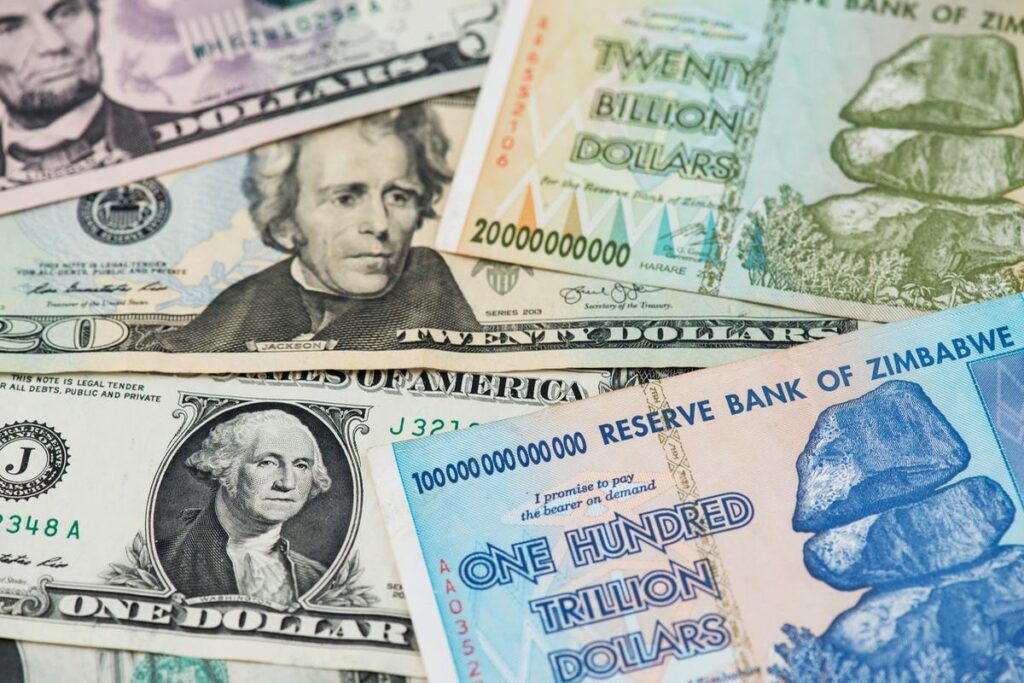The Reserve Bank of Zimbabwe (RBZ) has announced its advanced plans to launch Gold-Backed Digital Token (GBDT) for retail purposes following its successful reception among investors, a success the Bank hailed as “commendable” in a recent report.
During the presentation of the Mid-Term Monetary Policy Statement (MPS) on Wednesday, August 9, Governor John Mangudya of the RBZ disclosed that efforts are in progress to elevate the GBDTs to the status of a medium of transactions.
According to Mangudya, now the GBDT “shall be scaled up to be used for transactional purposes by the public.”
“The Bank is at an advanced stage in preparing for the eventual rolling out of GBDT for transactional purposes in Phase II of the project under the code or name ZiG, which stands for Zimbabwe Gold.”
“It is envisaged that the transactional phase will see GBDT complementing the use of the US dollar in domestic transactions,” he said.
The RBZ governor also announced plans for nationwide awareness campaigns to educate the public about the benefits of GBDT.
This digital instrument will be the foundation for the country’s central bank digital currency (CBDC), as Zimbabwe Gold closely aligns with CBDC characteristics.
However, the MPS report highlighted the continued importance of Gold Coins as a monetary policy tool, as it backs the GBDTs. It had absorbed over ZW$35 billion from 36,059 coins by July 14, 2023
The first maturity after the 180-day vesting period was January 25, 2023. Only 769 gold coins (2% of total sales) have been redeemed, affirming their value-retention role.
Unveiling Gold-Backed Digital Tokens (GBDTs) as Zimbabwe’s Answer to Inflation
To complement physical gold coin sales, enhance investment instrument divisibility, and broaden public access, the Bank launched Gold-Backed Digital Tokens (GBDT) on May 12, 2023.
According to the Mid-term financial report, by July 21, the Bank had executed 11 GBDT issuances, garnering 590 applications for tokens worth ZW$50.50 billion (US$7,794.87). Consequently, the Bank issued 325,024,524 milligrams, equivalent to 325.02 kg of gold.
These tokenized digital coins aim to strengthen the national currency, and offer an alternative investment, diverging from the common practice of pursuing US dollars on the parallel market.
The tokens will serve as a medium of exchange for both individuals and businesses, playing a crucial role in stabilizing the Zimbabwean dollar and addressing the issue of inflation.
Given Zimbabwe’s track record in successfully managing inflation, there’s no need for apprehension regarding the implementation of the GBDTs .
In June, Zimbabwe witnessed a staggering 175.8% inflation rate due to adopting a new bank benchmark and exchange rate depreciation. Simultaneously, the RBZ set a 150% interest rate.
The Government and Bank actions, such as exchange rate liberalization, taking on external liabilities of the Bank, and enforcing local currency payments for duties and taxes, helped ease inflation. These measures appreciated the exchange rate, causing monthly inflation to drop from the June peak to -15.3% in July 2023.
Similarly, annual inflation, which hit 175.8% in June 2023, significantly reversed to 101.3% in July 2023. The positive trend will persist as the effects of these measures take hold, further reducing the risk of adopting GBDTs for local transactions.
Read the full article here













